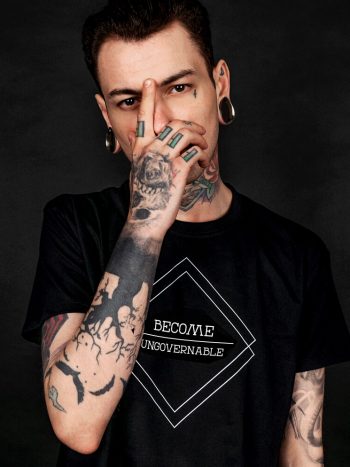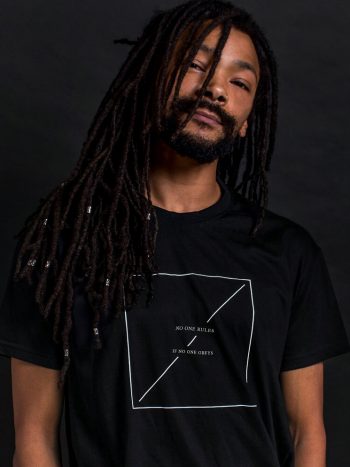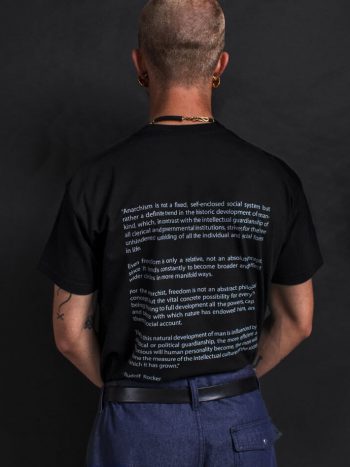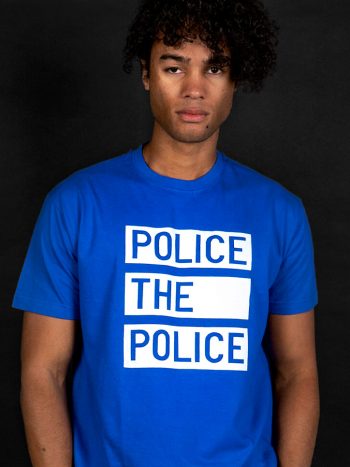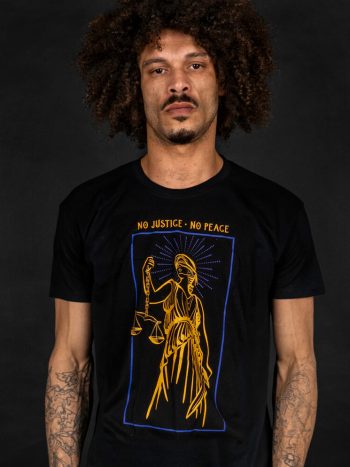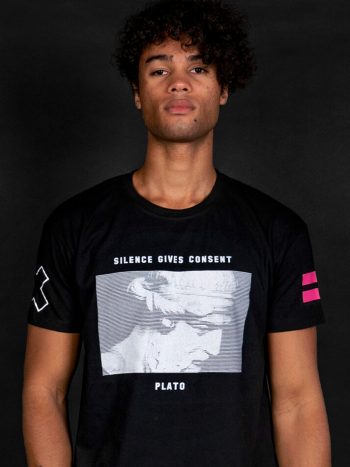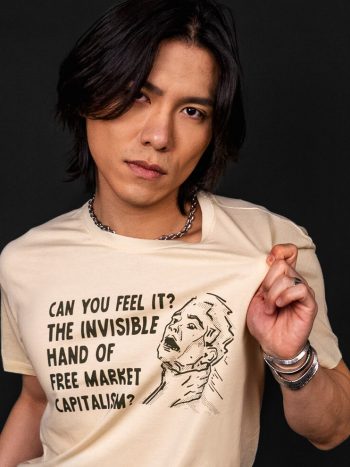
The eye, one of Man’s most ubiquitous symbols, is the window to the soul. He who sees, knows, and he that knows, controls.
Modern man has harnessed the power of sight to construct a grid of inverted Providence, and every conspicuous action on the digital nexus of our increasingly interconnected world falls under scrutiny of the elite’s ever-present stare, guided by the Unseen Hand of seemingly untouchable superintendents.
But what happens when one rebellious cog in the machine of ubiquitous espionage suddenly breaks free? Can it help us, the blind, to regain our sight into the full extent of our brave new world, and motivate ourselves to regain control over our privacy and free will?
CITIZENFOUR is such a story. It takes us on the journey of self-realization in which the omniscience of political authoritarianism meets limits, and that the morality of one man, Edward Snowden, made a consequential decision that would forever alter the course of the Information Age.
The story is an account of the prolonged correspondences between Snowden and CITIZENFOUR filmmaker Laura Poitras, and her journey, along with London Guardian journalists Glenn Greenwald and Ewen MacAskill, to meet the apprehensive whistleblower in his dusky Hong Kong hotel to unravel the arduous complexities of NSA spying. Skittish but spirited, Snowden would reveal names like TURBINE, TEMPORA, MUSCULAR, DISHFIRE, which would burn in the consciences of his guests and the public forever.
Laura Poitras has filmed a total of six documentaries since 2003; the latter three centering around post 9/11 America. The first, My Country, My Country, was based on the Iraq War and the ordeals of the people during the US-led invasion. Her second one, The Oath, was based on Yemeni detainees in Guantanamo Bay , and the two films have received both Academy and Emmy award nominations.
CITIZENFOUR premiered October 10th at the New York Film Festival and October 17th for the BFI London Film Festival, and has received many accolades. Mark Kermode of the London Guardian chimed, “Poitras’s documentary dramatically straddles the divide between art and journalism, cinema and reportage”. Noting its paramount role in the London Film Festival, London Telegraph reporter Tim Robey exclaimed, “[CITIZENFOUR] was unveiled with explosive, entirely justified zeal as a last minute addition […] Everybody needs to see it”.
In her post-festival Q&A in New York, Laura commented on her role in the film, and how it had deviated from her previous movies. In My Country, My Country and The Oath, she was the eye and a mere vantage for other persons’ stories; however, for CITIZENFOUR, her role in the suspenseful feature is as much hers as it is Snowden’s.
Poitras and Greenwald are purportedly the only two people in the world that possess the extensive file list of Snowden’s 150,000+ disclosures that are the Rosetta Stone of America’s invasive spy grid. “This one, it begins with ‘I’. I was placed on the watch list. It’s certainly the first film that I’ve done from a first person [perspective]”, she mentioned during the interview. Together, Poitras and Greenwald would gradually publish the revelations on The Intercept, and begin a new age of fearless journalism.
The gripping cinematography of Poitras’ documentary lays Snowden’s confessions and story bare over the grim white noise of Trent Reznor’s Ghosts soundtrack. Her masterpiece fully integrates both the characters and the audience into the world of dystopian science fiction and the painful reality that the story is still a documentary. Like Snowden, the cast, and the vicarious audience, we are all entangled in a struggle to which we cannot escape, and upon leaving the theatre, we all take center stage in the vision of the global shadow government.

